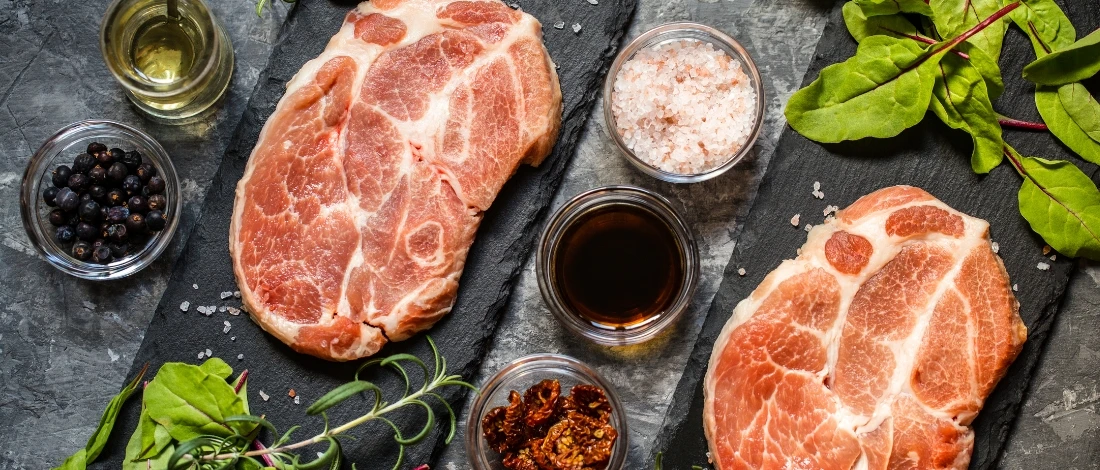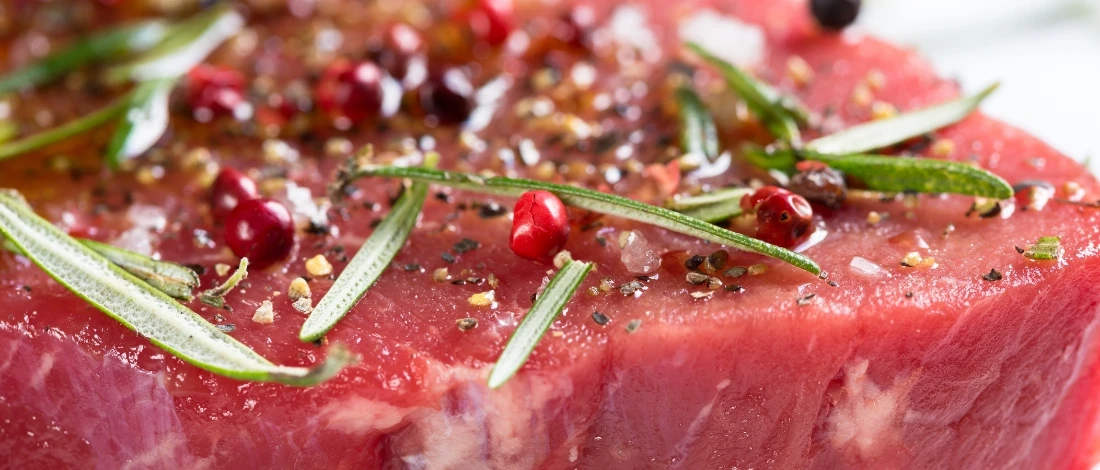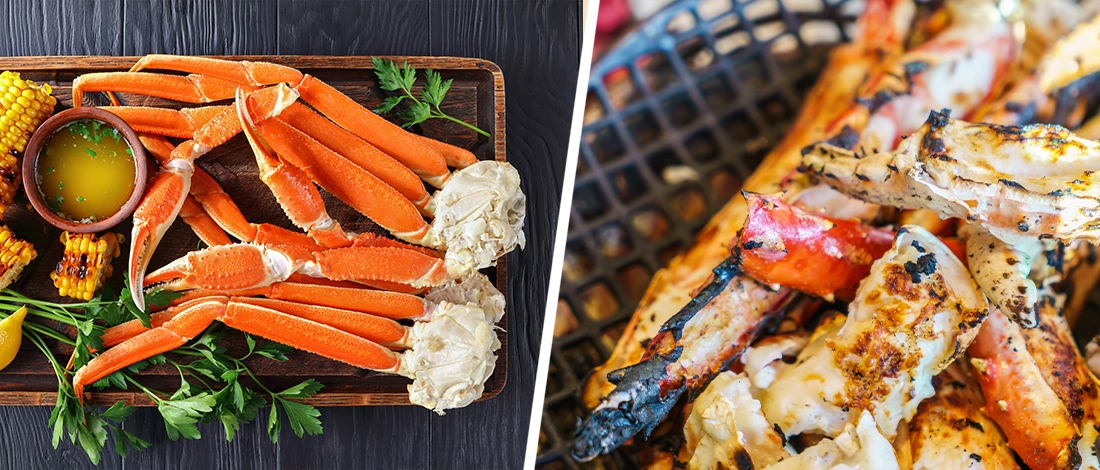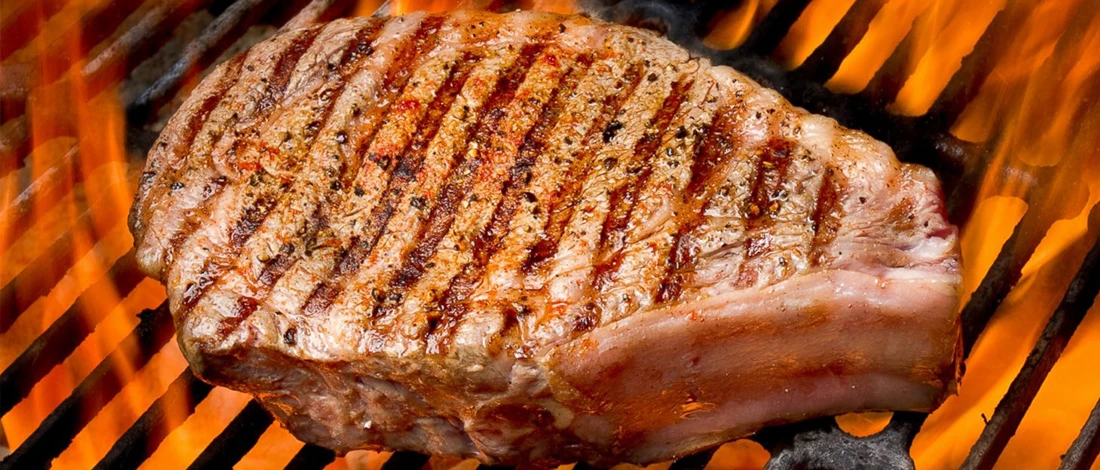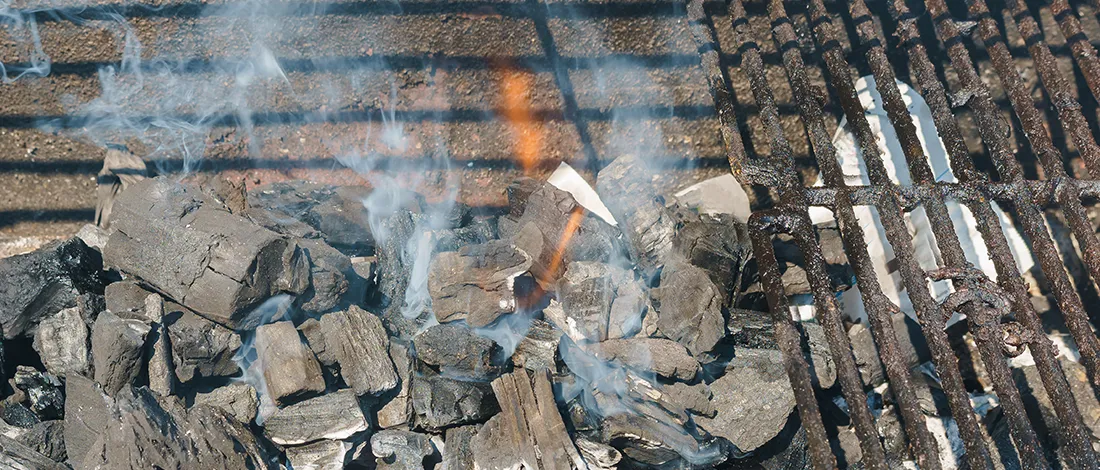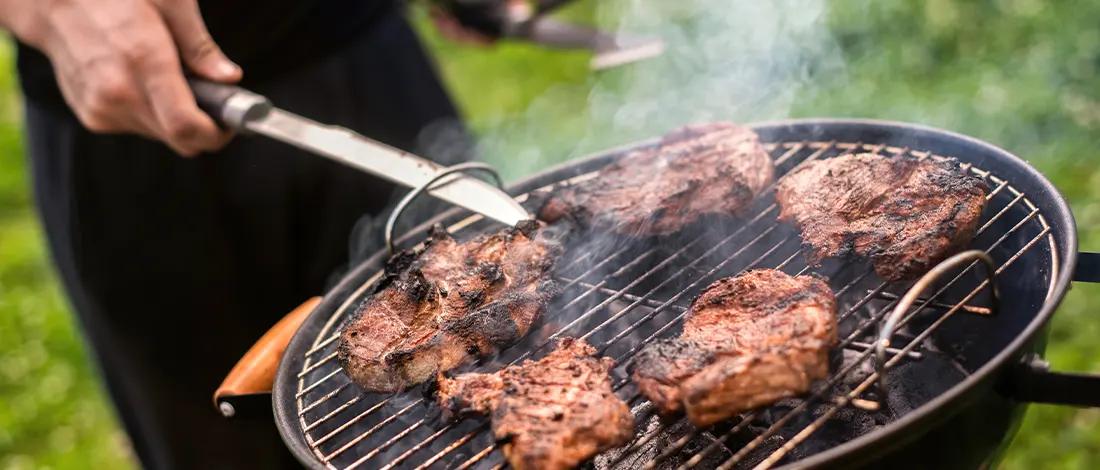When you hear the word “season,” your first thought probably goes to adding spices onto food to make it tastier. However, the article literally deals with seasoning the actual grilling unit.
You might be wondering how to season your grill and why it even needs seasoning in the first place.
The Carnivore Style's team has always had deep passion for grilling, and we will share our knowledge and experience on how to properly season your charcoal grill and keep it working in top condition.
Quick Summary
- To season a charcoal grill, clean the grates, apply cooking oil and heat the unit.
- The process requires specific tools like a wire brush, sponge, and high smoke point oil, and includes baking the grates for two hours.
- A 1989 study in the Journal of the American College of Nutrition highlighted canola oil's health benefits, noting its composition of 55% oleic acid, 25% linoleic acid, 10% alpha-linolenate, and only 4% saturated fatty acids, which makes it one of the best choices for seasoning a grill [1].
- Seasoning a charcoal grill is essential for hygiene, safety, flavor enhancement, and extending the grill's life.
How Do I Season My Grill Grates?

You can season your grill grates by following the seasoning process and using the proper equipment outlined below.
Things you’ll need:
- Clean cloth or new sponge
- Clean water
- Cooking oil with a high smoke point
- Paper towel
- Mild dish soap
- Wire brush
- Cleaning gloves
Below, you’ll find the steps to seasoning your grill grates:
- Take off the grates from the grill - if your grill is dirty, it is best to wear a protective pair of gloves to keep your hands clean.
- Firmly brush both sides of the grate with a wire grill brush to get rid of any burnt meat and debris. Soak the grates in a bucket of soapy warm water for 15 minutes if there is significant build-up. Don't forget to clean your grill brush in the end.
- Wipe the grates using a sponge, paper towel or wet cloth with soapy water. Rinse the grates thoroughly and let them air-dry completely.
- If you have a new charcoal grill, this will remove any manufacturing oils.
- If your grill is older, this will help brush away any excess oil and burnt foods.
- Apply an even coating of cooking oil to both sides of the grate using a clean cloth. Use canola, rapeseed, peanut oil or vegetable oil since the grill is exposed to high temperatures.
- Wipe off any excess vegetable oil.
- If you have a new grill, coat the inside of your grill pit too with peanut oil or vegetable oil.
- Preheat your grill for 15 minutes.
- Put your grates back on your grill and let them bake for about two hours with the top on.
- Let the grate cool. Your cast-iron grates will turn a shiny black while stainless steel, usually used on gas grills, turn dark bronze.
- Get your grill fired up and get cooking. You won’t have to season your new grill for a few more months.
Note that canola oil is the healthiest choice for seasoning a grill. A 2023 systematic review and meta-analysis found that canola oil consumption significantly reduces serum LDL-c, total cholesterol, and LDL-c/HDL-c ratio compared to olive oil, suggesting that replacing olive oil with canola oil can have cardioprotective effects [2].
Extra Maintenance Tips
To keep your grill grates in tip-top shape, you’ll have to keep up proper maintenance.
The Carnivore Style's team recommends these simple grill grates maintenance tips:
- Check your grill often to make sure everything is working well.
- Remove excess oil and grease from meat to stop too much grease build-up.
- Always clean your grill after cooking to avoid affecting the flavor of the food.
- Season your appliance every few months to prevent the grill from rusting and to maintain its non-stick coating [3].
Related Articles:
What Can I Use Instead of Canola Oil?
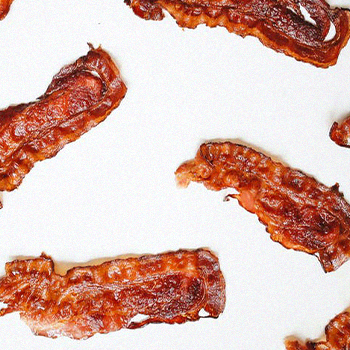
You can use any of the following alternatives instead of canola oil in the seasoning process:
- A few strips of bacon
- Half an onion dipped in some oils
- Coat some extra fat you cut off some meat
- A smoky wood chip dipped in oils
These other items can actually add some extra taste when you cook. You can maintain your grills as well as add some great smoke flavor.
Why Do Stainless Steel Grates Need Grill Seasoning?
Stainless steel grates need grill seasoning to keep them safe and functional, make cooking easier, enhance the flavor of the food and extend the life of your new grill.
We all know seasoning our meat is important, but when it comes to charcoal-grilled food, you may have to season more than just your meat.
#1 Safety First
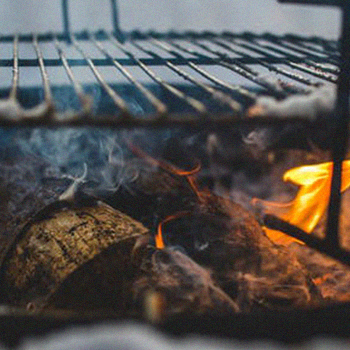
Your new grill will have manufacturing oils, dust and metal shavings, and residual paint.
Seasoning your grill will burn off all the impurities and sterilize your grill grates. This is a crucial health and safety step, so don’t skip it.
#2 Make Cooking and Cleaning Easier
Cooking and cleaning your grill regularly will make the maintenance easier.
Cast iron can absorb oil, fat, and charcoal emissions overtime, which negatively affects its nonstick feature.
It’ll not only make your food taster but keep cleaning your cast iron grill grates a relatively hassle-free task.
#3 Better Flavor
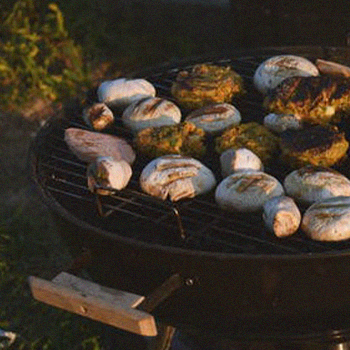
One of the reasons it tastes so good is thanks to seasoning your grill.
Fats and juices that drip down the grates and pit are marinated into the grilled meat via vapors. You aid your grill's distinct flavor when you keep your grates oiled and seasoned up.
Regular seasoning your grill will prevent coal dust deposits on your grate and food.
#4 Extend the Life of Your Grill
Regularly seasoning your grill grates can extend its grilling life. Season your grill grates regularly to prevent rust and damage and provide a good non-stick surface.
“Charcoal or gas. Both give excellent results, so choose the one that best suits your style of cooking.”
- Bobby Flay, Chef
FAQs
Should You Season the Inside of a Charcoal Grill?
You should season the inside of a charcoal grill to ensure protection, longevity, cleanliness and enhance the taste of food.
What Happens If You Don’t Season Charcoal Grills?
If you don’t season charcoal grills, the unit may rust and lose its non-stick features.
References:
- https://pubmed.ncbi.nlm.nih.gov/2691543/
- https://pubmed.ncbi.nlm.nih.gov/35866510/
- https://www.thespruceeats.com/charcoal-grill-maintenance-tips-4163715


